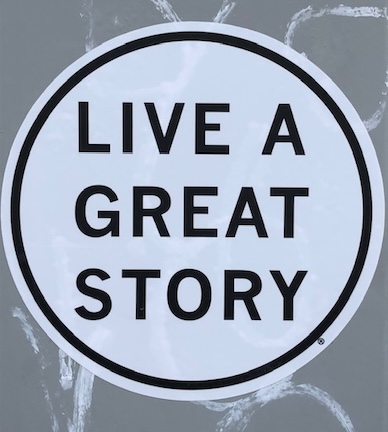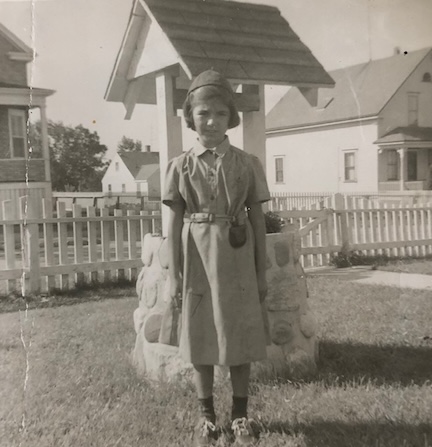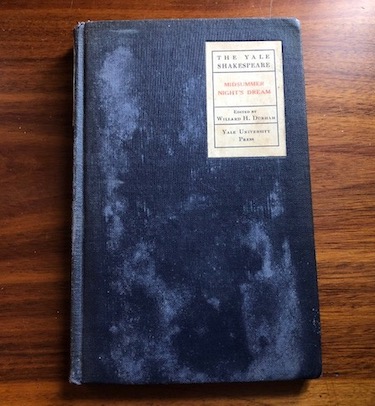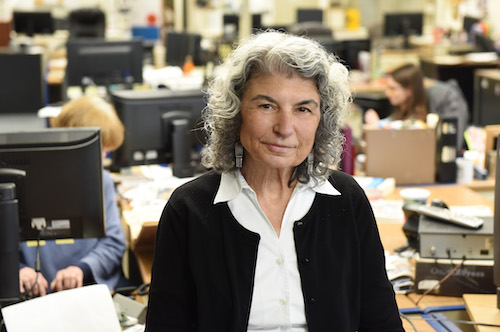Years ago, Jeff found me on classmates.com. I only registered on the website, but he paid money to contact the people he knew. I hadn’t seen Jeff since we were 14 and freshmen in high school.
I was happily married with a large family. He was married with kids of his own. This wasn’t that kind of a thing anyway.
We emailed back and forth, catching up what we had done with our lives via long messages. He had done well with his. And then, he hit me with this revelation, “I have cancer.” Jeff wrote he had cancer before and now it was back. The prognosis was not good. Jeff told me his parents and brother all died from it. He said it was his family’s curse.
When Jeff was a boy, he had polio. He wore metal braces on his legs, and at times, used a wheeled chair he propelled by hand.
I first met him in fifth grade when I and other kids attended advanced classes in one of the town’s schools for science and writing on Wednesday afternoons. Then, I got to know him better in seventh grade when we were in the same classes at the town’s junior high.
When it came to Jeff, I didn’t hold back, joking with him about silly stuff. I remember once when he was teasing me, I hit him over the head with my books. Not hard, of course. But he laughed his head off. He liked that I didn’t treat him with kid gloves.
Once, I even got him to dance semi-fast with me at a school event.
Yes, I had a crush on Jeff. I knew he liked me. But coming from an overly protective family, I was timid to act on it. One time, when a group of us had gathered at a pizza place, I didn’t realize he had begun following me as I walked home. After all, we both lived on opposite ends of the town. But he fell. I honestly had no idea that happened. He and my classmates misunderstood. I felt so badly.
Jeff ended up going to a private boarding school his sophomore year. We lost track of each other until decades later.
After Jeff found me on that website, we emailed back and forth for a couple of years. He spent time in South America. He kept bees. He was interested that I was a newspaper editor, and that I wrote fiction, so I mailed him the manuscript of the first novel my then-agent was trying to sell. For Christmas, he sent me a package of grapefruit from Florida, where he and his wife had moved. I still have the special knife that came with it.
Then, he wrote his health was declining.
We spoke on the phone only once. By then, Jeff was bedridden. Although it was February, I stepped outside the newsroom so I wouldn’t be interrupted. For that hour, we shared our old and familiar connections. I tried to offer him words of comfort and to make him laugh. He told me he kept my manuscript beside his bed.
I didn’t talk with Jeff again. When I searched the internet, I found his obit. He had died a few days after we had spoken. He was only 53.
Good-bye old friend.




